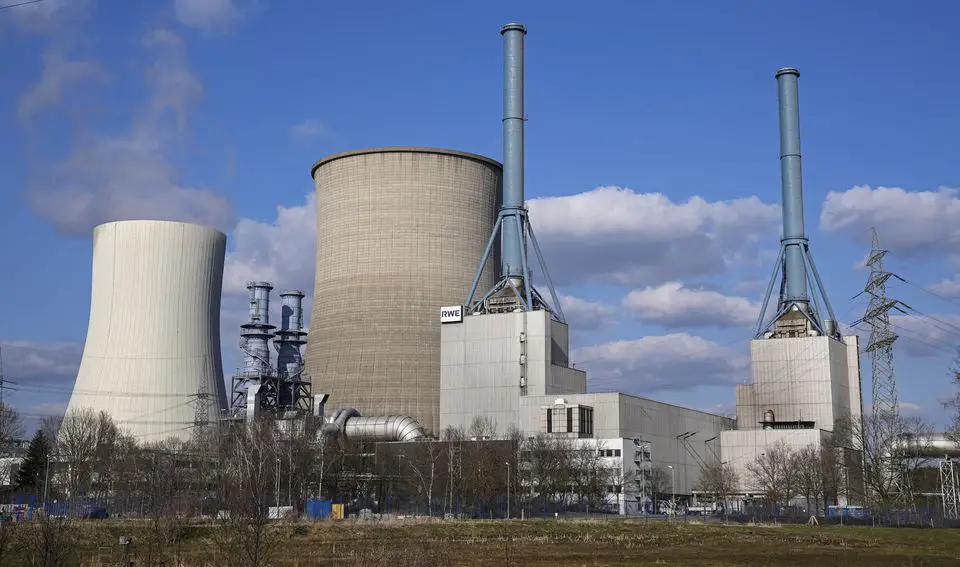On Monday to coincide with climate talks taking place at the United Nations General Assembly in New York a first-of-its-kind database for tracking the world’s fossil fuel production, reserves and emissions launches.
The Global Registry of Fossil Fuels includes data from over 50,000 oil, gas and coal fields in 89 countries that covers 75% of global reserves, production and emissions, and a first for a collection of this size and is available for public use.
For purchase, and analysis of the world’s fossil fuel usage and reserves until now there has been private data available, the International Energy Agency also maintains public data on oil, gas and coal, for those fossil fuels but it focuses on the demand, whereas this new database looks at what is yet to be burned.
On financial markets a non profit think tank that researches the energy transition’s effect, and the Global Energy Monitor, an organization that tracks around the globe a variety of energy projects, by Carbon Tracker the registry was developed.
Private data on fossil fuels Corporations, investors and scientists already have some level of access. He hopes the registry will empower groups to hold governments accountable, for example, for fossil fuel extraction when they issue licenses, Mark Campanale, founder of Carbon Tracker.
“In terms of license issuance civil society groups have got to get more of a focus on what governments are planning to do, actually begin to challenge this permitting process both for coal, oil and gas”, Campanale told The Associated Press.
With two critical sets of climate talks at the international level the release of the database and an accompanying analysis of the collected data coincide, on September 13 the U.N. General Assembly in New York beginning, and COP27 in Sharm El Sheikh, Egypt, in November. To agree to stronger policies that result in less carbon emissions data like what’s being released in the registry could arm environmental and climate groups to pressure national leaders.
Campanale said, And we’re in dire need of carbon reductions.
To exhaust the world’s remaining carbon budget, in their analysis of the data the developers found that the United States and Russia have enough fossil fuel still underground untapped.
To emit before a certain amount of warming occurs, that’s the remaining carbon the world can afford, in this case 1.5 degrees Celsius. It also shows these reserves would generate 3.5 trillion tons of greenhouse gas emissions since the Industrial Revolution, which is more than all of the emissions produced.
Rob Jackson, a Stanford University climate scientist who was not involved with the database said “We already have enough extractable fossil fuels to cook the planet. At this point we can’t afford to use them all or almost any of them. To build new things in old ways we’ve run out of time”.
“I like the emphasis on transparency in fossil fuel production and reserves; that’s a unique aspect to the work, down to the specific projects.”
To a bathtub Jackson compared the global carbon budget.
He said “You can run water only so long before the tub overflows”. Again he said when the tub is close to overflowing, governments can turn down the faucet (mitigating greenhouse gas emissions) or open the tub’s drain more (removing carbon from the atmosphere).
Campanale said, the database shows that we have much more carbon than we need as a global community, and more than enough to overflow the bathtub and flood the bathroom in Jackson’s analogy. He said investors and shareholders should be holding decision makers at the world’s largest oil, gas and coal companies accountable when they approve new investments in fossil fuel extraction.
Campanale said the hope is the investment community, “who ultimately own these corporations,” will use the data to begin to challenge the investment plans of companies still planning to expand oil, gas and coal projects.
“Companies like Shell and Exxon, Chevron and their shareholders can use the analysis to really begin to try and push the companies to move in a completely different direction”.
From the Howard Hughes Medical Institute’s Department of Science Education the Associated Press Health and Science Department receives support. For all content the AP is solely responsible.
Source:- https://livenewzus.com/for-fossil-fuels-first-public-global-database-launches/







